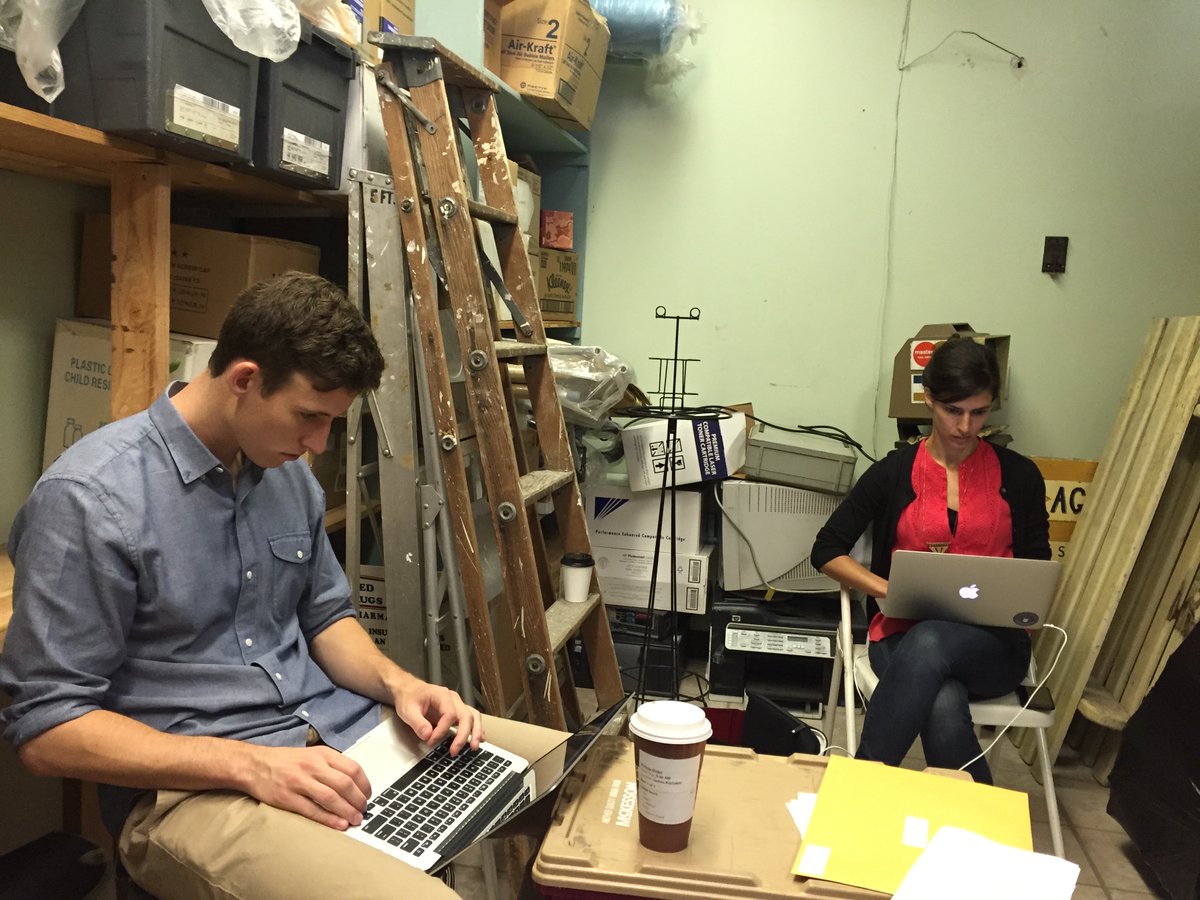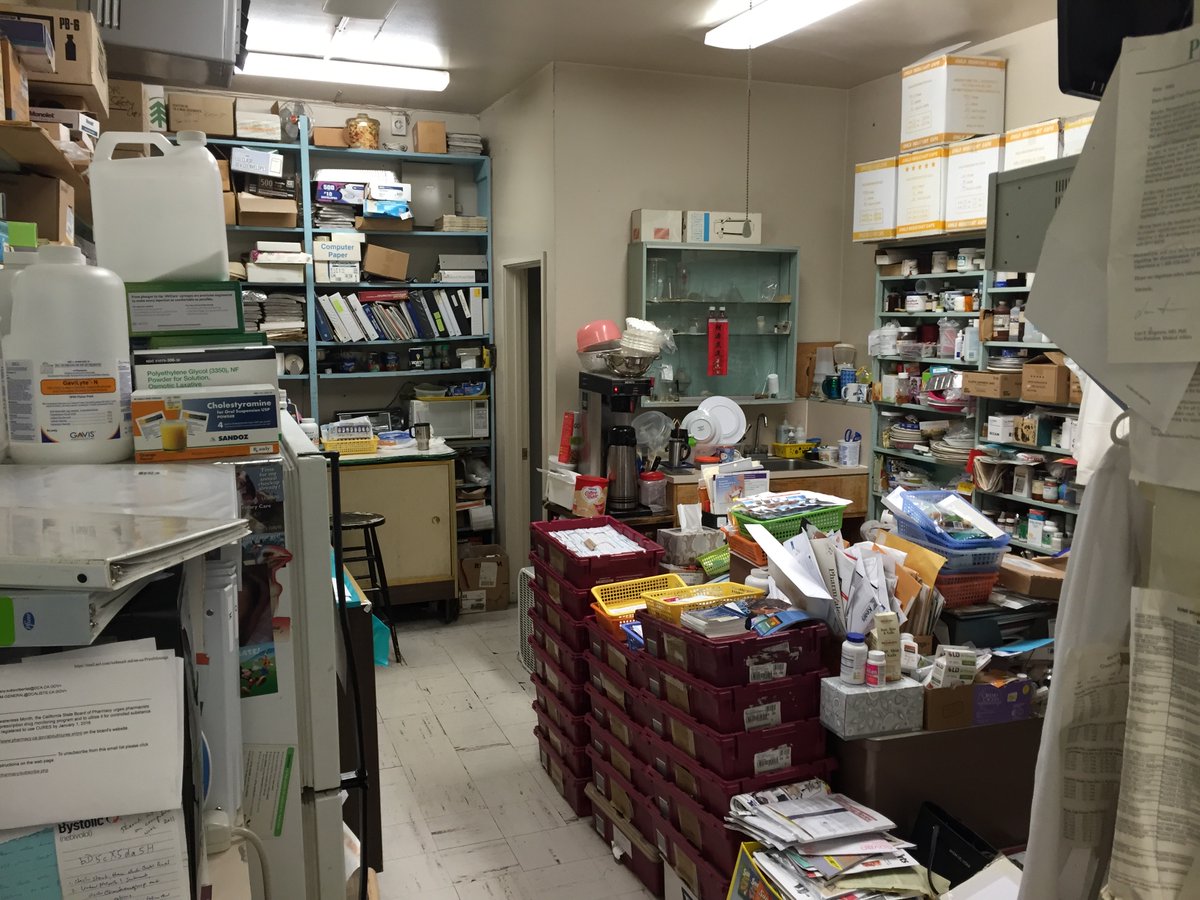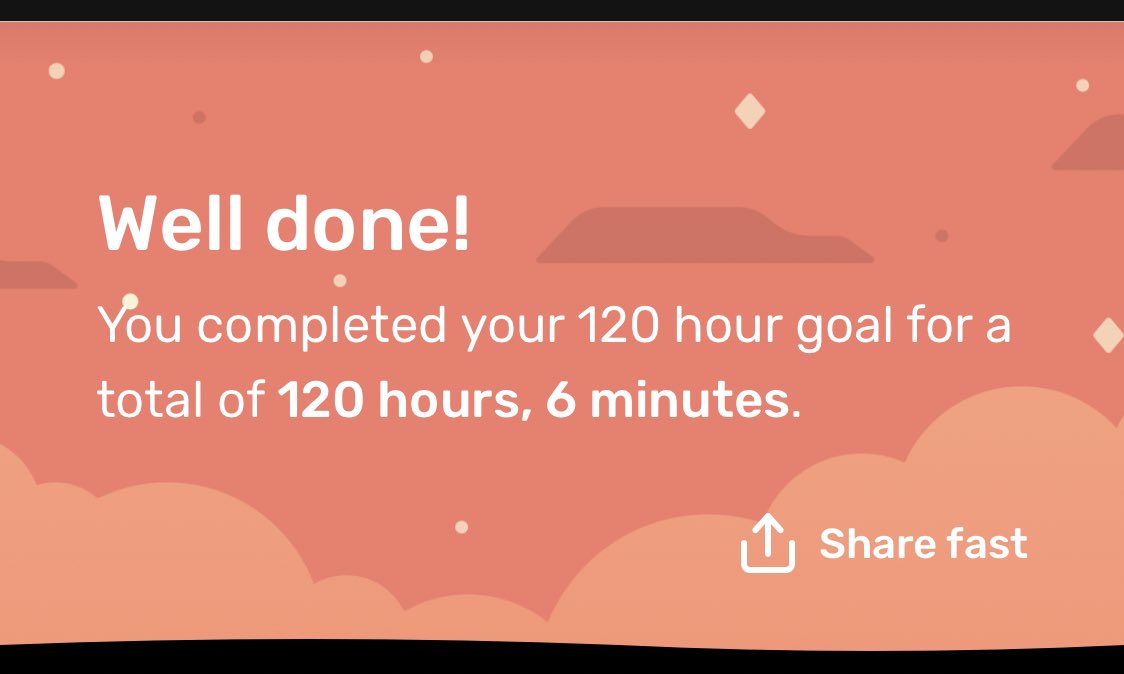
I talked to my friend @mattieuga from @altopharmacy on @the_quest_pod this week.
Here's how he built a unicorn digital pharmacy serving tens of thousands with 800 employees and raised $350m after starting out of my living room 5 years ago:
[A thread]
Here's how he built a unicorn digital pharmacy serving tens of thousands with 800 employees and raised $350m after starting out of my living room 5 years ago:
[A thread]
I met Matt & Jamie in 2015 when they were engineers at Facebook. They wanted to start a co, but wanted the assurance of raising $ before quitting their day jobs.
I asked them how anyone would believe in the founders if they didn't believe in themselves. They quit FB the next day
I asked them how anyone would believe in the founders if they didn't believe in themselves. They quit FB the next day
After a few weeks delivering prescriptions from my living room, Matt decided they needed to own a pharmacy to build something better. So he started walking into pharmacies in SF and asking if he could buy them.
He actually found one: AG Pharmacy in the Mission.
He actually found one: AG Pharmacy in the Mission.
AG was 1500 sq ft and super grimy.
The pharmacy had been accumulating junk since the 60s. Silverfish were falling off the ceiling. The team found lambskin condoms that expired 40 years ago.
The pharmacy had been accumulating junk since the 60s. Silverfish were falling off the ceiling. The team found lambskin condoms that expired 40 years ago.

The engineers eventually moved into an abandoned doctor's office next door that was so cold they called it Canada. The office was about to be turned into condos, and homeless people had previously taken it over. But it was very, very cheap. 

Even though these wasn't an ideal working environment, it turned out to be important because it got the team to understand what running a pharmacy was like. 

Through sheer grit, Alto grew and made it out of that first pharmacy.
But it wasn't easy. For Matt, the rollercoaster was always at the bottom.
The company has been weeks away from cash out multiple times in its life.
But it wasn't easy. For Matt, the rollercoaster was always at the bottom.
The company has been weeks away from cash out multiple times in its life.
Somewhere on the way, Matt found peace in meditation.
Right before raising a $250m round with SoftBank, he went on to a meditation retreat. After coming back with a clear mind, Matt spoke for 4 hours w/o slides. He closed the deal 3 days after.
Right before raising a $250m round with SoftBank, he went on to a meditation retreat. After coming back with a clear mind, Matt spoke for 4 hours w/o slides. He closed the deal 3 days after.
For Matt, the lesson has been: building million-dollar companies doesn't get rid of past hurt or pain, or the perpetual feeling of inadequacy.
Listen to the full podcast here: buff.ly/3fZzsf0
Listen to the full podcast here: buff.ly/3fZzsf0
• • •
Missing some Tweet in this thread? You can try to
force a refresh



